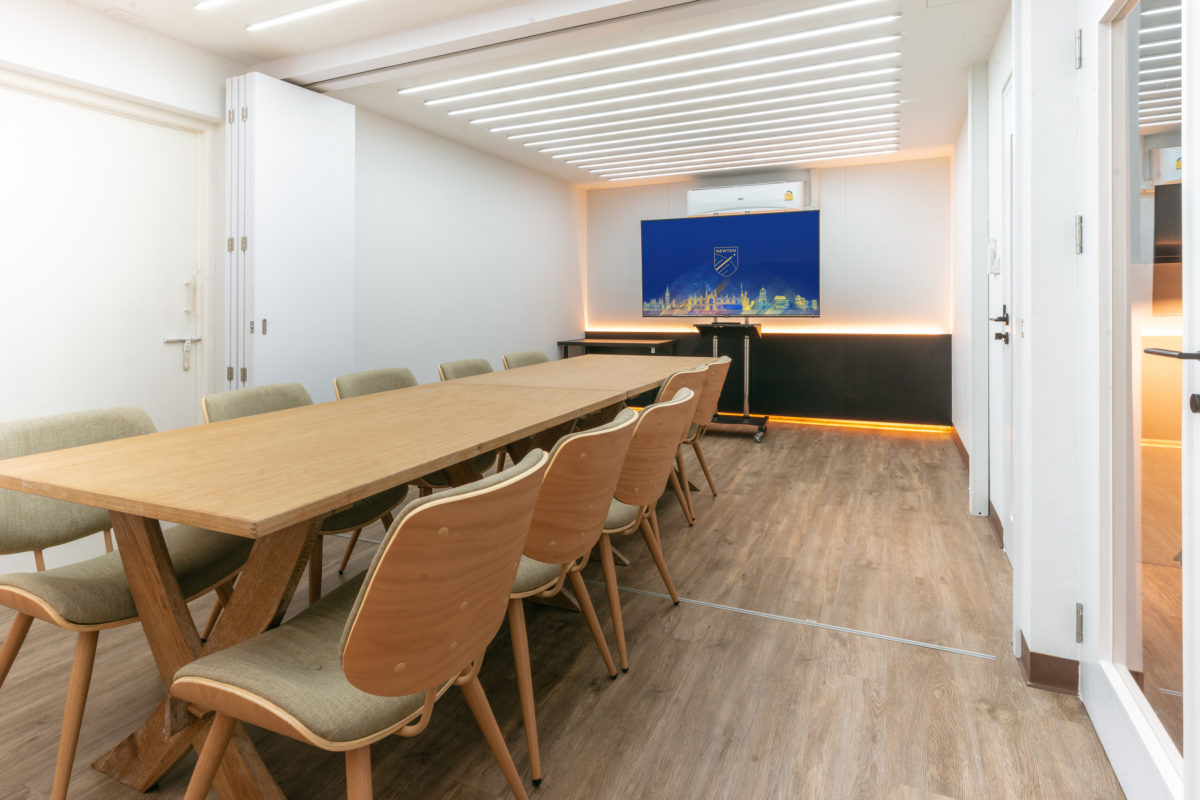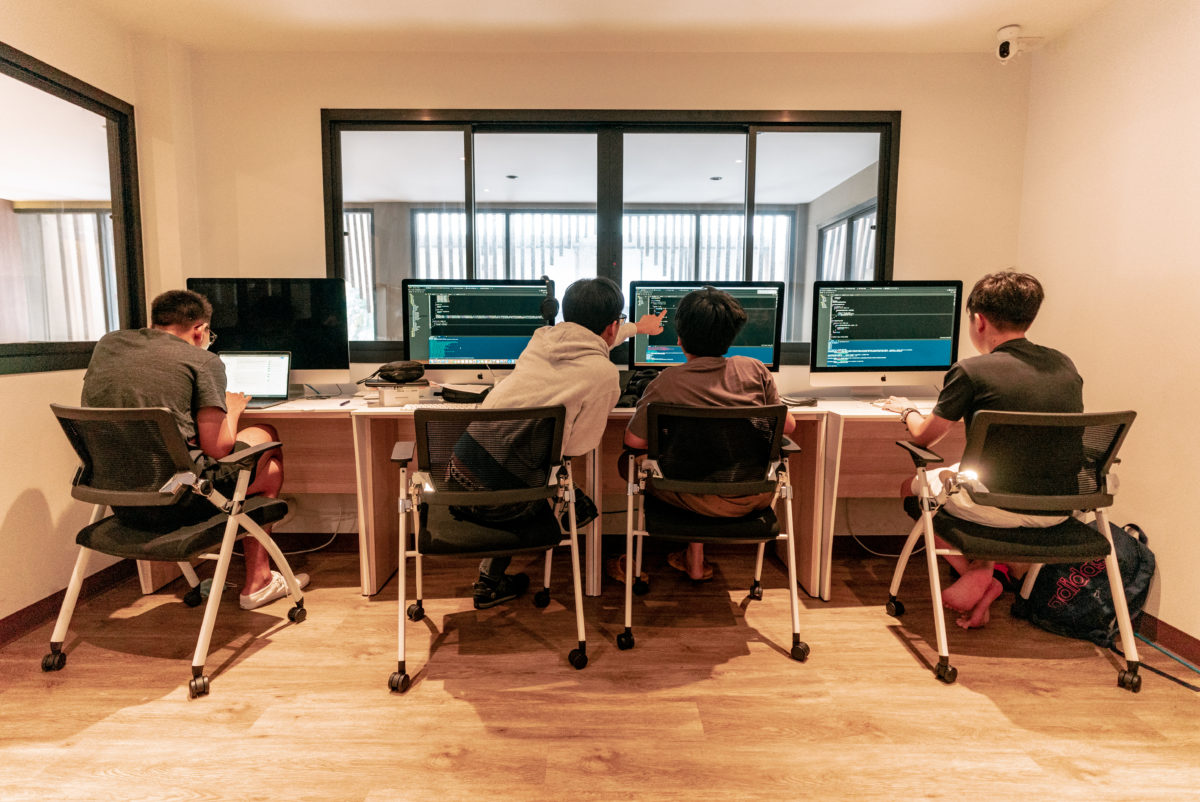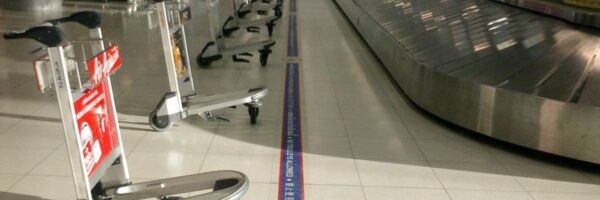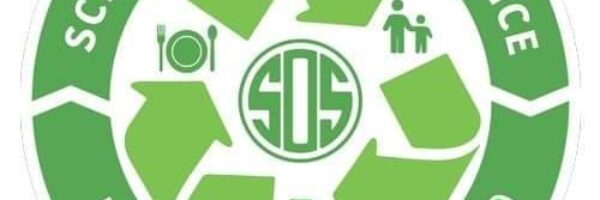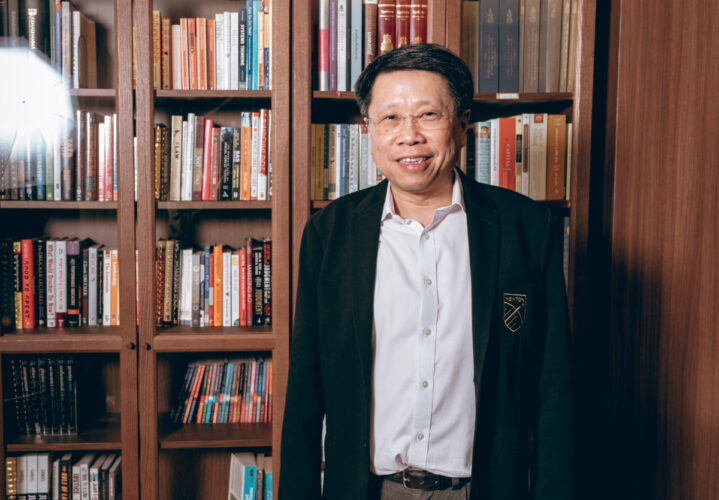
Dr. Teerakiat Jareonsettasin – his thoughts on COVID-19
For months, families across the world have been coping with a new normal when it comes to education. Thailand, and particularly Bangkok, as a major Asian hub for international education, will have some unique challenges pressing forward during these Covid-19 times. Dr. Teerakiat Jareonsettasin, former Minister of Education and current Headmaster of Newton Sixth Form
was kind enough to take some time to share his opinions, predictions and advice in regard to the education landscape in Thailand given our current and likely future circumstances. The overarching theme of our discussion was the recurring thought from Dr. T that, “No one really knows how this will pan out. There will not be an aftermath of Covid-19… the virus will be with us for a long time, possibly forever. So, we should not think of this as a ‘back to normal situation’. We need to think of what the new normal is going to be”.
Dr. T outlined five pieces of advice for how to approach this new normal in a cautious, responsible way.
(1) Each international school should appoint a Covid-19 coordinator. Unless somebody is keeping up with what is going on and is capable of moving fast, schools could endanger people very quickly. There is so much information changing so rapidly that we cannot just leave it to the head of the school to monitor. This coordinator should report directly to the headmaster, the board of governors and the school owners.
(2) We are going to live with this, simply put. When the schools re-open, we already know the public health measures and best practices; schools should get all of their personnel tested. Thailand has the capacity to test. The staff should be tested to reassure both the parents/students but also the other teachers/staff. Not only that, but it’s good practice because teachers are front liners.
(3) Schools should have safety procedures on entrance and exit. It seems like upon entrance, the kids have lots of precautions but on exit, there are very few. We need to think about kids going home, especially since many of the Thai kids will be going home to large families that include grandparents and possibly other vulnerable people.
(4) Schools should have a system that triggers an alarm very quickly. If we have learned anything from this, time between identifying a case or symptoms and taking action is absolutely critical. With a Covid-19 coordinator in place, schools they will not waste valuable time in protecting the student body and staff from any further spread.
(5) While privacy is of course important, the school needs to know the living conditions at home so they can especially protect the kids who have higher risk families. If one of the children has someone who is immunocompromised or lives with many elderly people, it’s not a bad idea to keep extra tabs on those kids. Schools are a community and taking extra care to protect the most vulnerable among us is an important community action.

Dr. T also shared some of his thoughts on an activity that has become familiar and valuable in recent weeks: online education. Whether parents have taken the reins and are homeschooling their kids, or relying on their children’s international schoolteachers, or even taking this time as a special once in a lifetime break from the grind, doing new things online has become much more common. Dr. T pointed out, “This is probably the first time that the strengths of online teaching have been highlighted. However, I have not heard a single parent say they want online teaching to replace in-person, especially at the younger age group.” Dr. T believes that online teaching is important as a supplement or a temporary replacement when necessary. At his own school, Newton Sixth Form, they incorporate online teaching into their curriculum as the norm, so he is familiar with striking the balance. “In education there are a few things that we can disrupt; we can disrupt the input. But the output, that means the things kids produce and the teachers’ feedback, is almost impossible to disrupt. A lot of older students are not sending their outputs (homework etc.). Teachers cannot look at them in the face and assess motivation to learn. They cannot sense their affects change or their body language; they cannot gauge if the kids fully understand. So online learning has clear limitations.”
The risk that Dr. T sees to the international school system if online learning persists for an extended period is that, “parents see online teaching as inferior to face-to-face. Parents default and do not want to pay higher tuition fees for this. The dilemma is that teachers do not want to make up for the time unless they are paid, which is absolutely fair, teachers are not a charity. Then the school heads say they do not have the money to pay the teachers. That begs the deeper question of, what are international schools for?” It is a question that he did not offer an answer to, but more as something for parents and educators to consider as they move forward and create new expectations.
In terms of the business side of international schools and the soaring tuition fees, there are clearly some major concerns. On the plus side, Dr. T believes that schools in Thailand can learn from similar economic crises of the past to create a more realistic reopening business plan even if they will be taking some financial hits. “If you look at the lessons from Tom Yum Kung in 1997, and again 10 years ago, a lot of Thai people suddenly became poor. At the moment, the wealthy Thais are also being hit hard. They will not be able to afford the fees for international schools. I think one likely possibility is there will be an attrition and students will go back to government schools.” However, he does see a light in the tunnel when it comes to enrolment. “It is likely there will also be a repatriation of students who had been abroad or were considering going abroad for school. Now, physical travel is going to become very difficult so these Thai international students will have a tough time going abroad. Now we cannot send our own students abroad so maybe they will be going to our domestic international schools. It is quite possible that students who would have gone abroad will replace some of the demand of departed students, at least in the short term, which may keep schools afloat.”
This restriction of travel leads into his next thoughts on staffing and how it will likely result in some major changes not only to the instruction but also to the businesses. While some classes at international schools are taught by Thais, the majority are taught by native English speakers, which are quickly becoming in short supply. “Recruiting staff from abroad was already challenging and will become basically impossible if the travel bans hold. Will the parents pay the same tuition for non-native English speakers to teach these classes?” Assuming non-native speakers will fill these roles, Dr. T sees a solution to the problem in how the curriculum is delivered. “The thing we need to do creatively is improve the delivery of the curriculum. We have to ask the question, is a native speaker necessary? International schools need to look at the businesses and their fees. This is going to reorient the international schools’ businesses in a big way.”
As this is all still fresh, it is going to require some juggling for the schools because “not all international schools can hire Thai nationals to do some of these jobs. The law for international schools has been set to protect consumers. There are teachers’ unions, associations, teaching licenses etc. that need to be abided by.” Dr. T does not anticipate the Ministry of Education relaxing these rules either. They are typically quite rigid when it comes to protecting the consumers which means schools will be faced with the challenge of some creative curriculum delivery.
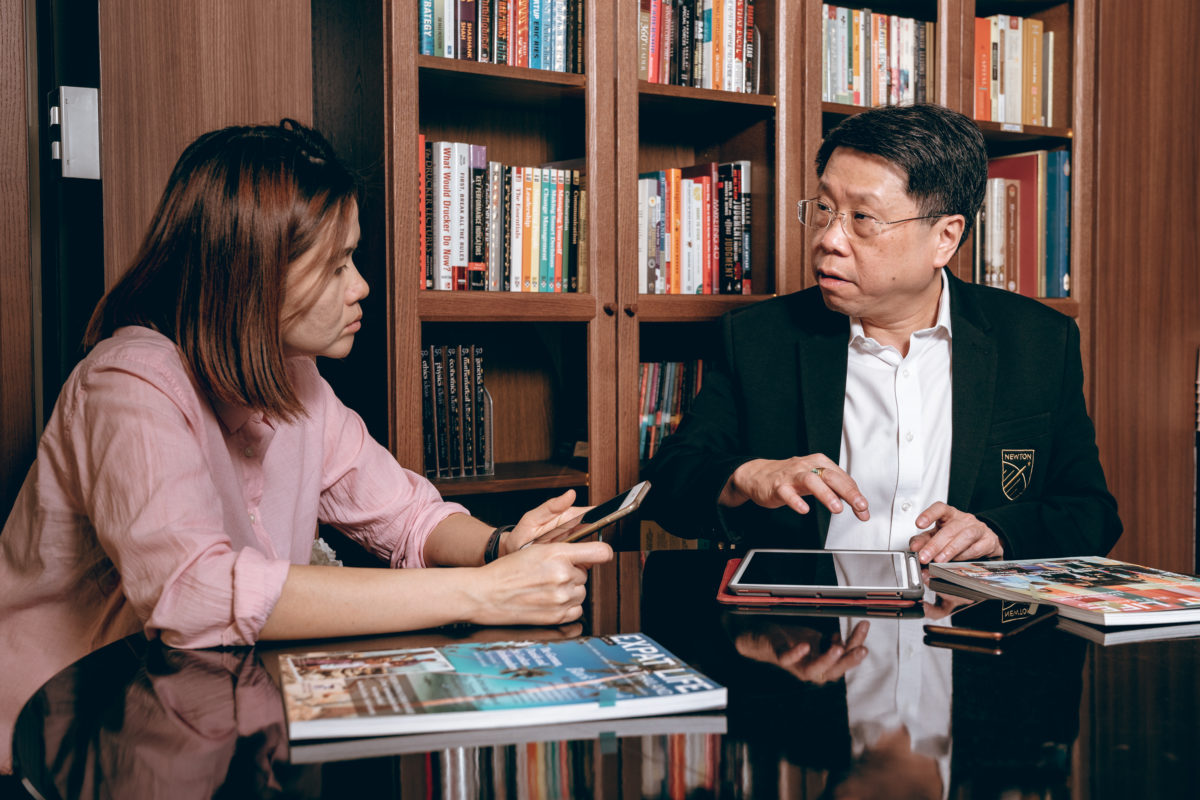
Dr. T concluded our conversation by saying that “These are not my definitive thoughts, but this is what I can see right now. And I think everyone else can see this too. In time, we will know so much more.” The 2020/2021 school year will certainly be like nothing we have ever seen before but he is optimistic that the changes it will spur, however uncomfortable they may be at first, necessary alterations to the system to make it better for all involved.



